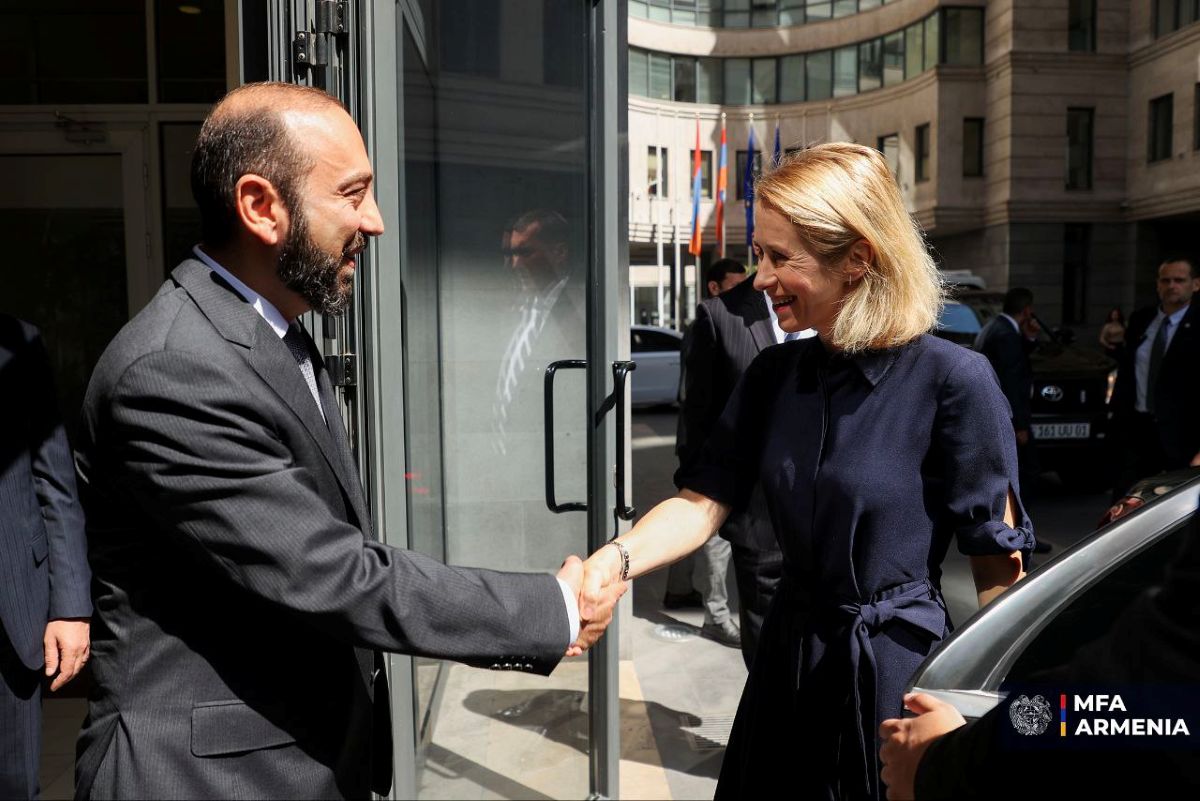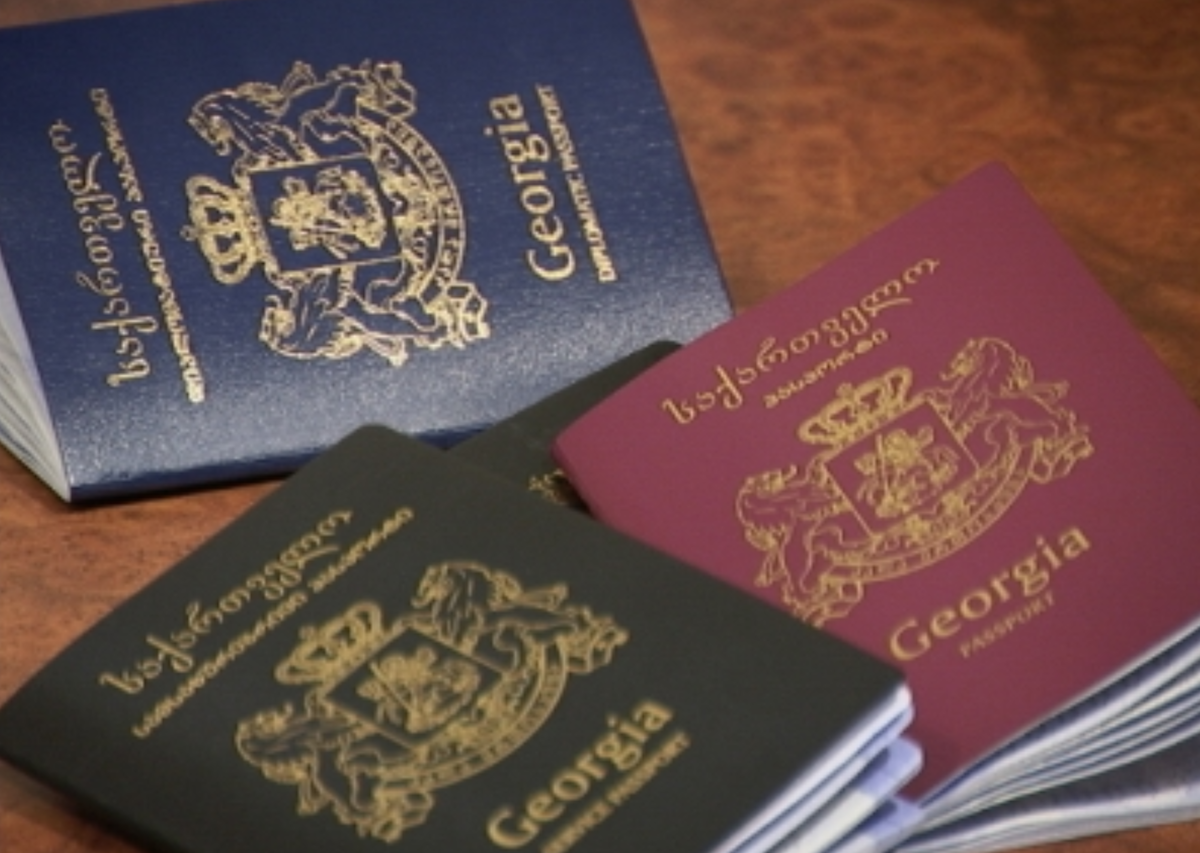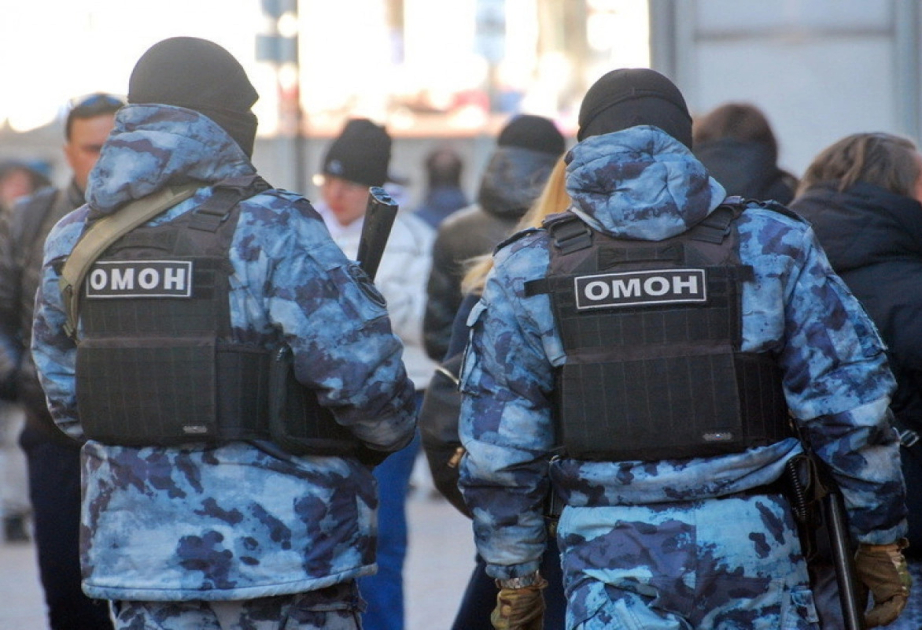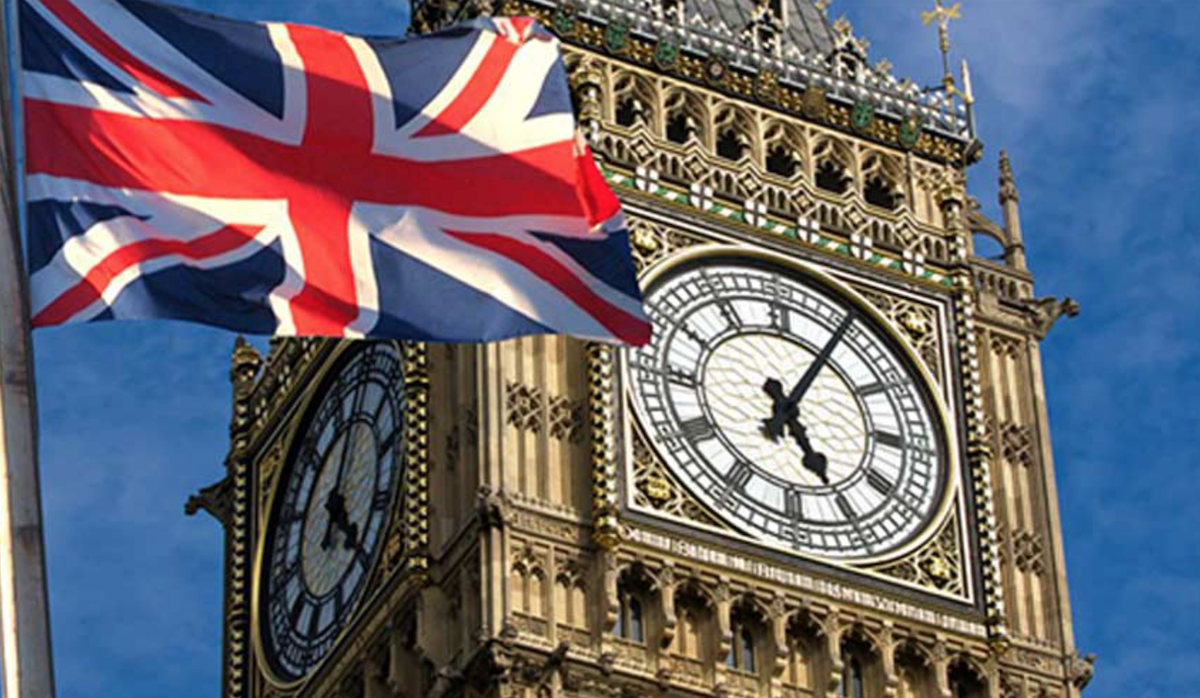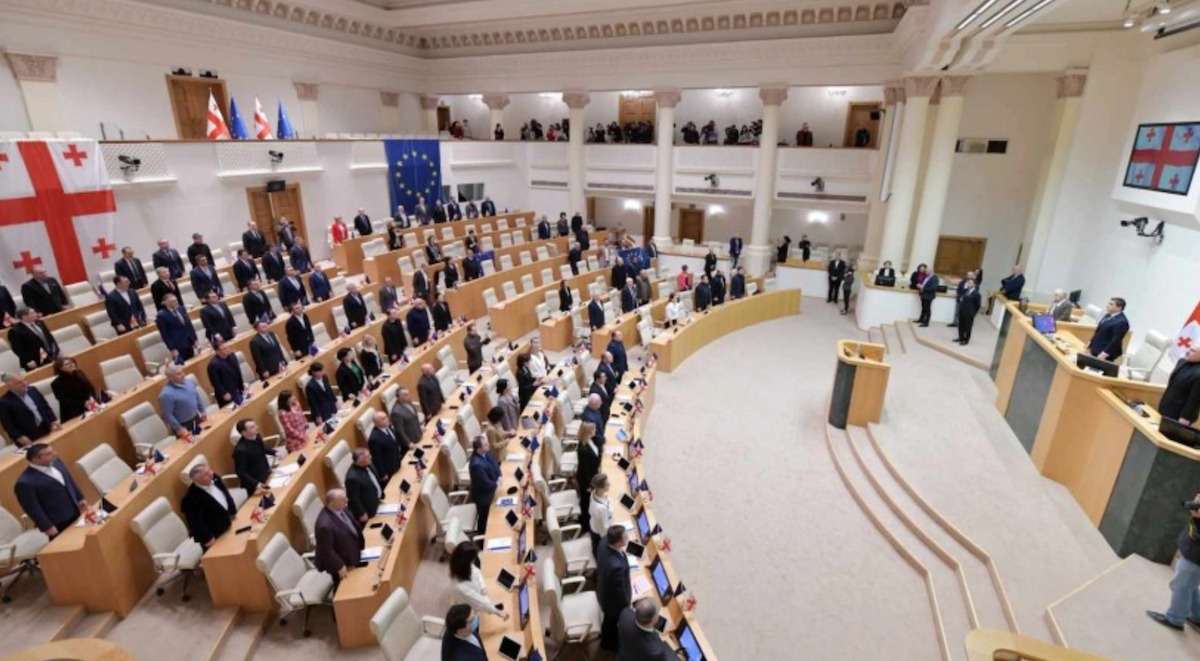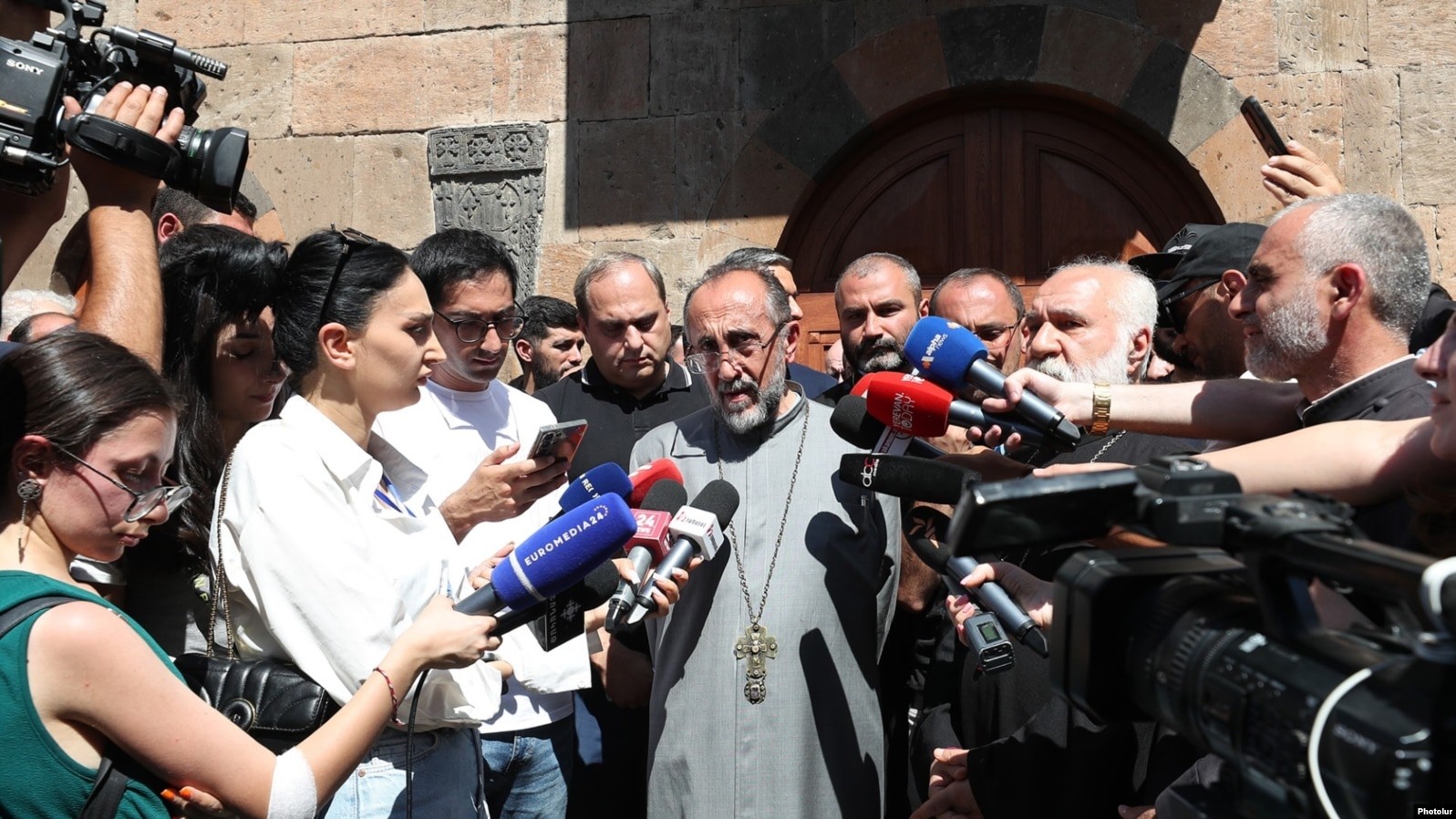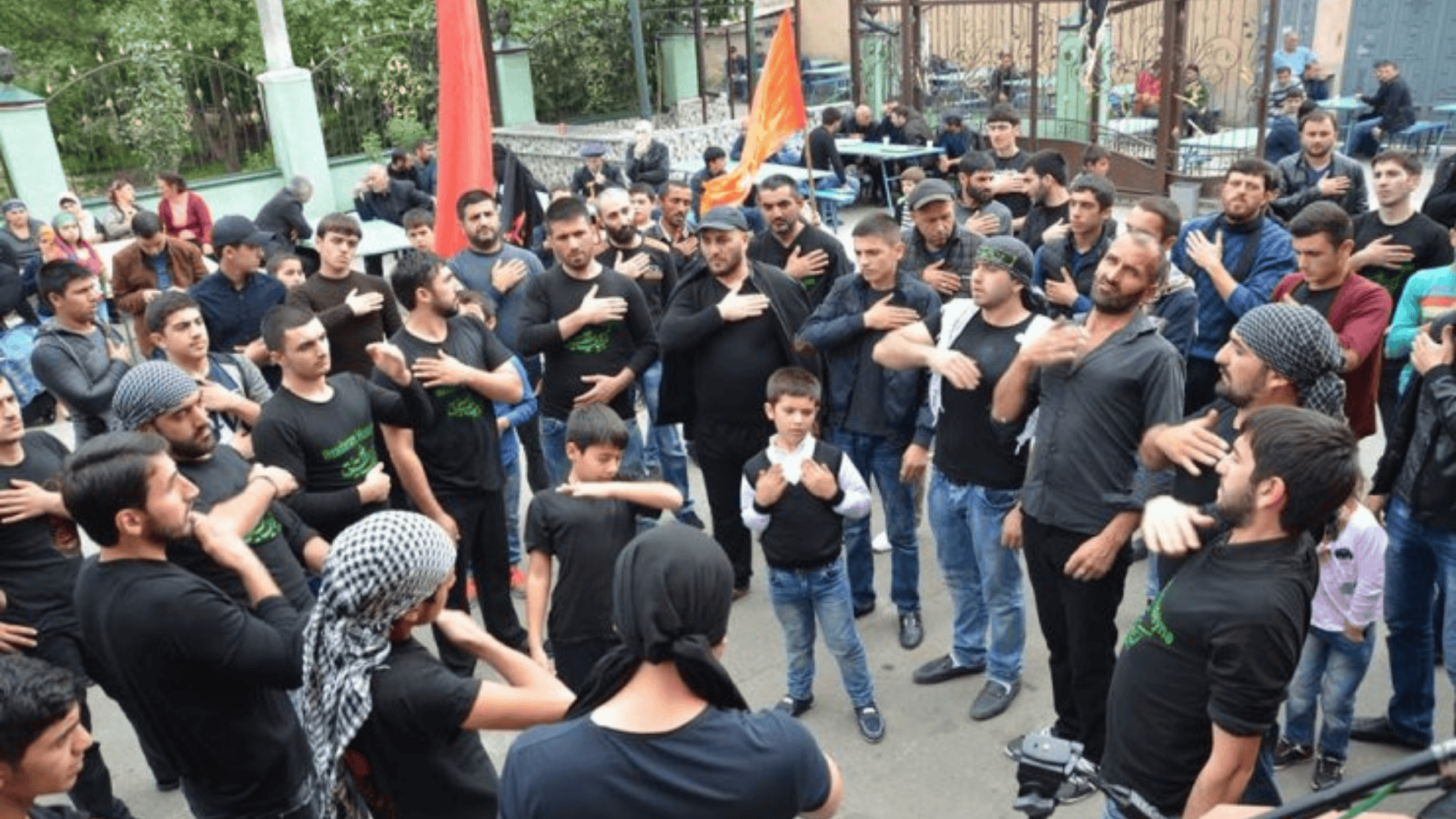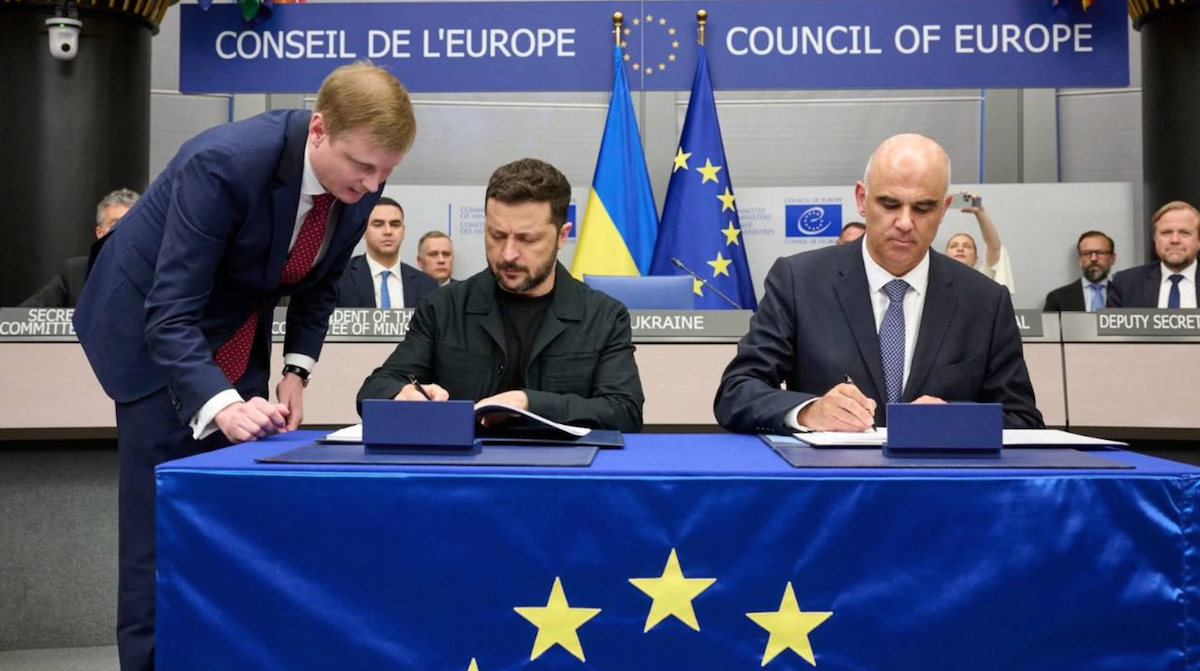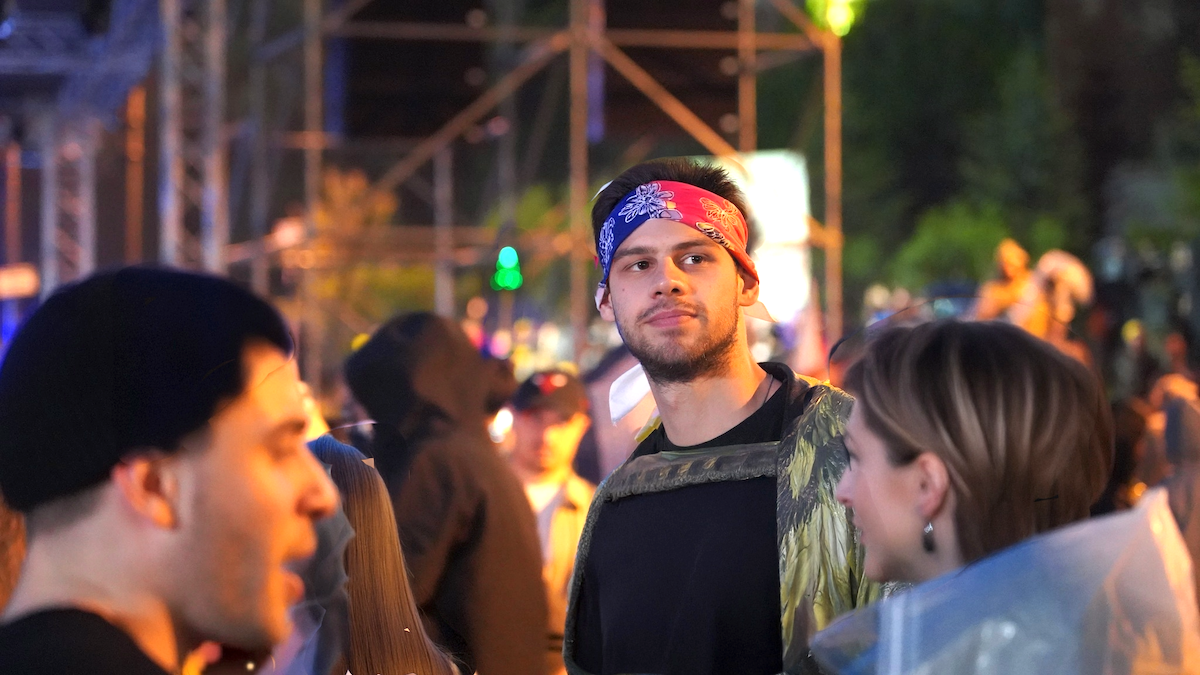Kremlin: There is a limit to our patience
Russian Deputy Foreign Minister, Grigory Karasin, believes, anti-Russian rhetoric has intensified in Georgia, especially at the official level. “The relations between the two states should be improved. An alternative is to get back to confrontation, he told Georgian journalists ahead of the next meeting with Georgian Premier’s Special Representative for Relations with the RF, Zurab Abashidze, in Prague.
“Defence Minister, Tinatin Khidasheli, has even called on the world community to unite efforts against Russia. Any normal society, as a rule, never forgives such statements. We are trying to restrain ourselves, but our patience also has limits. We have to make a choice – either we get back to confrontation, or we proceed with a respect-based dialogue,’ – said Karasin.
‘The main threats today are the upcoming parliamentary elections and the intensified anti-Russian rhetoric, voiced by the public figures at the international platforms. The most regrettable is that such rhetoric could be heard from Georgian officials, politicians, ministers and even from the president. Naturally, we pay attention to that, trying not to respond to each biting, but we make our own conclusions. And now, the situation is such that: either we get back to confrontation, seeking the subject-matters that can drive us into a dispute; or we regulate the normal, respect-based communication, stated Karasin.
Deputy Minister rule out any possibility of holding Georgian and Russian top officials’ meeting at this stage, about which it had been reported earlier. In his words, it is impossible to hold such meeting against the background of Georgian officials making anti-Russian statements.
‘How can we hold a meeting in a situation, when the majority of Georgian politicians are accusing Russia of all deadly sins? How can one talk about holding a meeting in the current situation? It’s ridiculous. Such meetings need preparation, it cannot be held amidst hostile attitudes from Georgia,’- said Karasin.
Karasin also pointed out, Russia had decided to expand a circle of people, who can invite Georgian citizens to Russia, but he said, the issue of abolition of visas had not been discussed so far.
‘The fact that Georgia has cancelled it (visa regime for the RF citizens) – it is its sovereign right. We cannot do that for a number of considerations, including for security reasons … We should move towards that (abolition of visa regime), but at this stage it’s out of question, he said.
Tbilisi has assessed Deputy Foreign Minister, Grigory Karasin’s statement as ‘absolutely undiplomatic’, ‘aggressive’ and as ‘an attempt to interfere into Georgia’s domestic affairs.’ That’s how the Georgian MPs commented on the aforesaid statement.
Georgian Prime Minister, Giorgi Kvirikashvili, believes that Russia would better pay more attention ‘to its own approaches.’
‘When Russian politicians talk about the moods in Georgia, they’d better pay attention to their own approaches. Only the relationships, built on territorial integrity and sovereignty, will allow to further normalize the relations. We should do our best to defuse tension, naturally not at the expense of our foreign policy vector and our territorial integrity, and shift onto a mode, that will allow to talk about settlement of problems,’- Kvirikashvili said.
- At present, Russians can travel to Georgia visa-free, but Georgian citizens must get visas to visit Russia.
- In December 2015, Russia Foreign Ministry announced that the RF was going to facilitate visa regime for Georgian citizens beginning from December 23. It also did not rule possible introduction of mutual visa-free regime in future.
- Georgia broke off diplomatic relations with Russia in response to Moscow’s recognition of independence of Abkhazia and South Ossetia, in August 2008. Representatives of a new Georgian government, that came to power as a result of October 2012 parliamentary elections, declared normalization of ties with the Russian Federation as one of their key foreign policy priorities.
- Up to date, a dialogue between Russia and Georgia is maintained as part of Geneva discussions and Abashidze-Karasin meetings, regularly held in Prague. The meetings’ format does not provide for consideration of political issues; the focus is made only on settlement of particular issues related to trade, transport communication, cultural and humanitarian cooperation. Last time the meeting was held in Prague, in November 2015.










